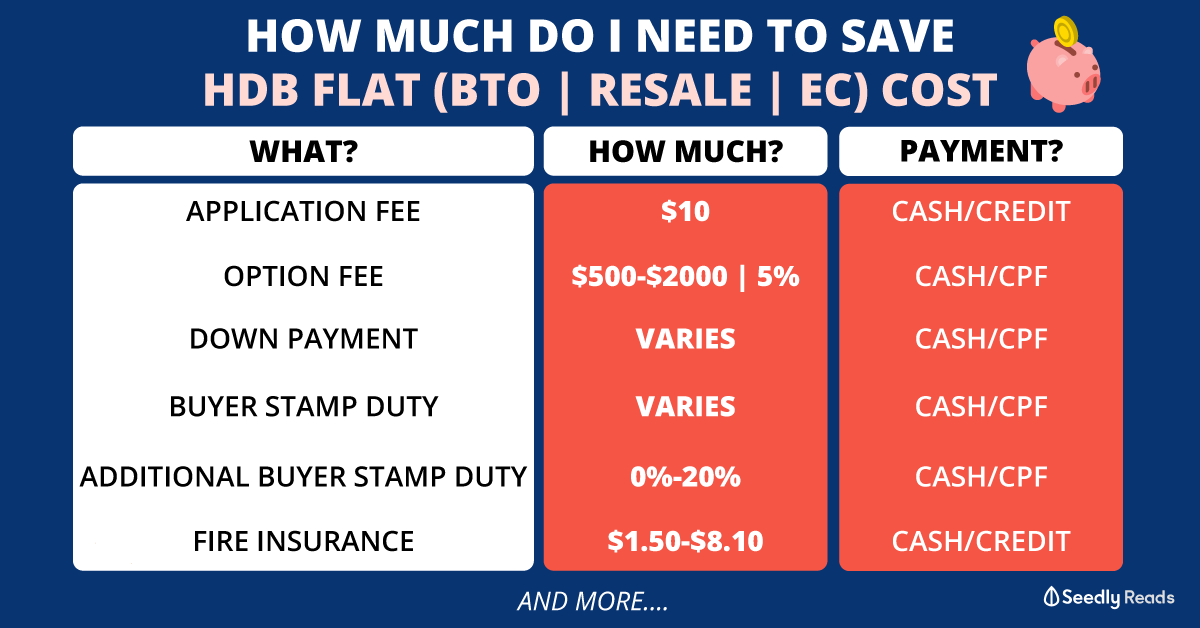Advertisement
Anonymous
Can internships really help fresh grads to increase their chances of being employed in the future? I feel like I am losing out to my peers out there with full time jobs. What are your thoughts?
4
Discussion (4)
Learn how to style your text
Reply
Save
Maybe
30 Jun 2020
Def at Abc
At first glance, the dilemma of starting out with internship jobs or traineeship as your first career goes against conventional wisdom of starting out with blue-chip brand names. There are indeed initiatives by authorities for recent graduates to get hired on a temporary contract for up to a year, subjected to renewal.
Personally, I would think it depends highly on your (i) career goals and (ii) financial health. If you managed to land a stint at a company you like or a position that seem aligned with your long-term career goals, I would say “GO FOR IT!!!” even if the starting pay is less than ideal for a fresh graduate in normal times. The experience you gain and the people you meet might be able to help you next time, even if you choose not to stay in the same company after the contract is up. Furthermore, taking a job now doesn’t mean you stop looking out for other opportunities in your free time. You need to keep brushing up your CV and interviewing skills as you update your LinkedIn profile with new work experience earned during this period If you need help with these, sign up for a free* consultation by signing up my email list below :) Having some income reduces the stress and anxiety for job-hunting and puts you in a better position to learn and strive in the current position as well as your future ones.
Let’s take the hypothetical case study of Janice, a liberal arts graduate with limited working experience in her 4 years of undergraduate studies. She receives a job offer as a staff writer of $1.8k per month on a 6 month contract. (i) This is in line with what she envisions herself to do for the next 5 years–being an editor of an online publication. Although this position is temporary and she might not be able to convert to a full time staff after 6 months, the experience and skills she gain during this employment would value-add to her portfolio. She would be better off 6 months from now and be in a more comfortable position to negotiate her next job offer. (ii) She can learn how to do personal budgeting to ensure she has enough in her small emergency fund for the future where she might need to hunt for her next job (in case the company does not renew her 6 month stint). In short, always have a Plan B (or plan C,D,E in today’s gig economy).
Reply
Save
Elijah Lee
23 Jun 2020
Senior Financial Services Manager at Phillip Securities (Jurong East)
Hi anon,
Depending on the internship scope, you could potentially even land a job right after the i...
Read 2 other comments with a Seedly account
You will also enjoy exclusive benefits and get access to members only features.
Sign up or login with an email here
Write your thoughts
Related Articles
Related Posts
Related Posts
Advertisement








I meet some doing multiple interns, my word to them is not about doing many interns to increase chance of getting a job. Find a internship which you have passion and work towards the goal. No point tell the boss that you have many interns experience and request higher pay . Without passion, you will be dragging to work.